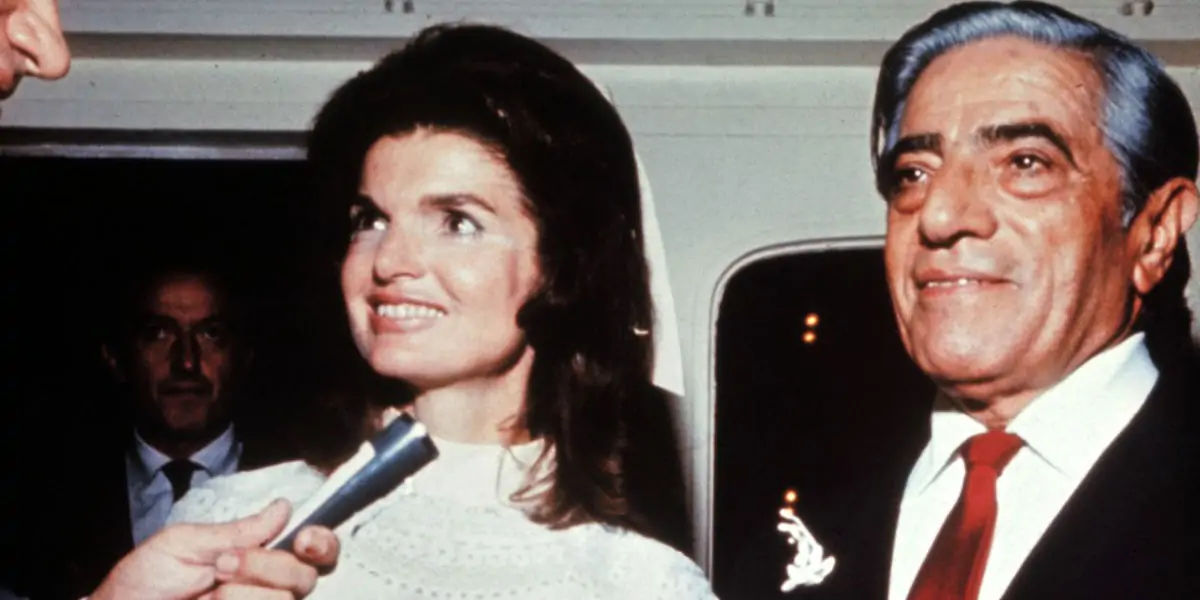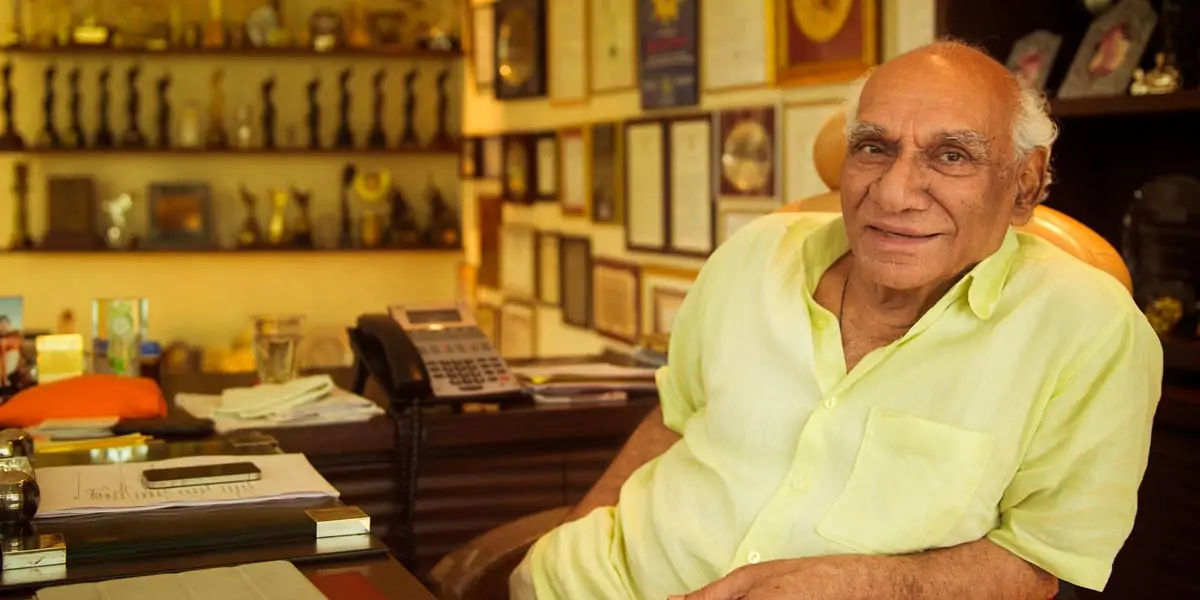Subrahmanyan Chandrasekhar, an astrophysicist and Nobel laureate from India, was born in 1910.

Astrophysicist Subrahmanyan Chandrasekhar He showed that huge stars may collapse under their own gravity to achieve immense, if not infinite, densities. These collapsing stars are now known as neutron stars and black holes. He was the third of ten children born into a well-educated family; his mother was a translator who taught her children to read, and his father was the Deputy Auditor General of the Northwestern Railways. C. V. Raman, the Nobel Prize-winning scientist, was his father's brother. His parents and private tutors home-schooled him as a child.
Related On This Day

Kim Kardashian, an American television celebrity, was born in Los Angeles, California in 1980.

On the Greek island of Scorpios in 1968, Jacqueline Kennedy marries Greek shipping billionaire Aristotle Onassis.

Kamala Harris, an American lawyer and politician (Vice President of the United States from 2021 to the present; the first African-American and Asian-American attorney general of California, was born in Oakland, California in 1964.

Muammar Gaddafi, Libyan rebel, political thinker, and dictator, was killed in captivity in 2011 by a Misratan militia at the age of 68–71.









